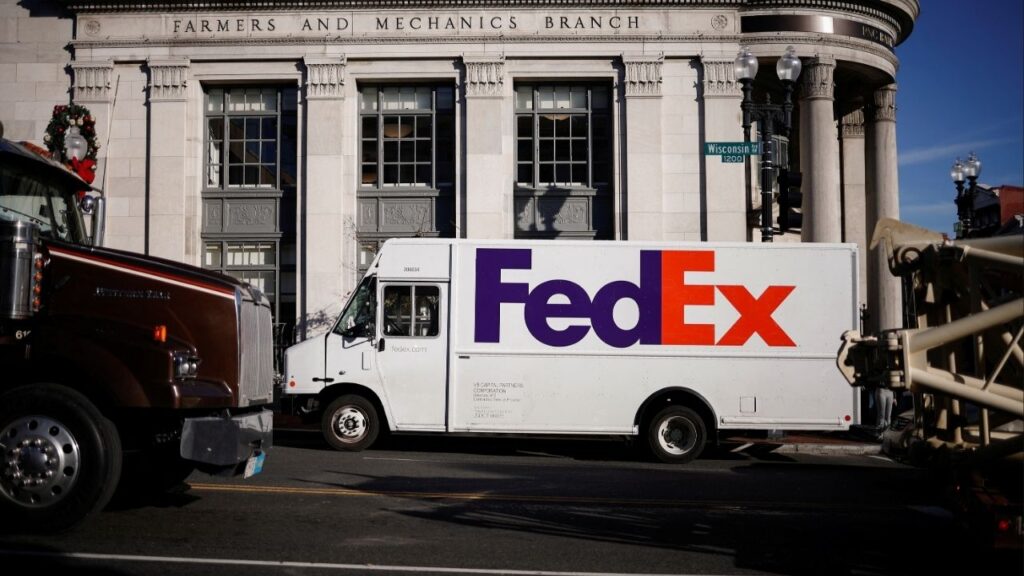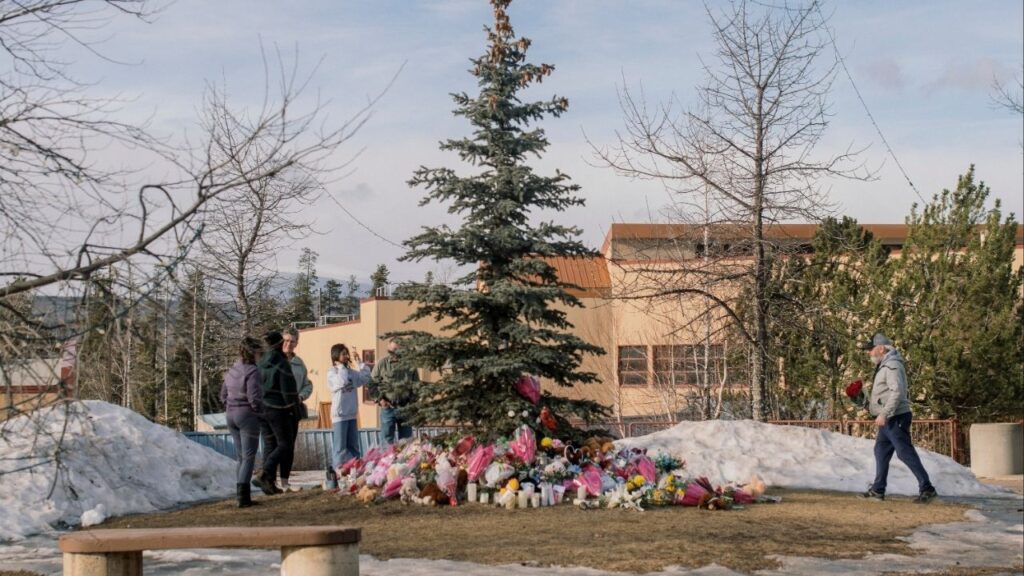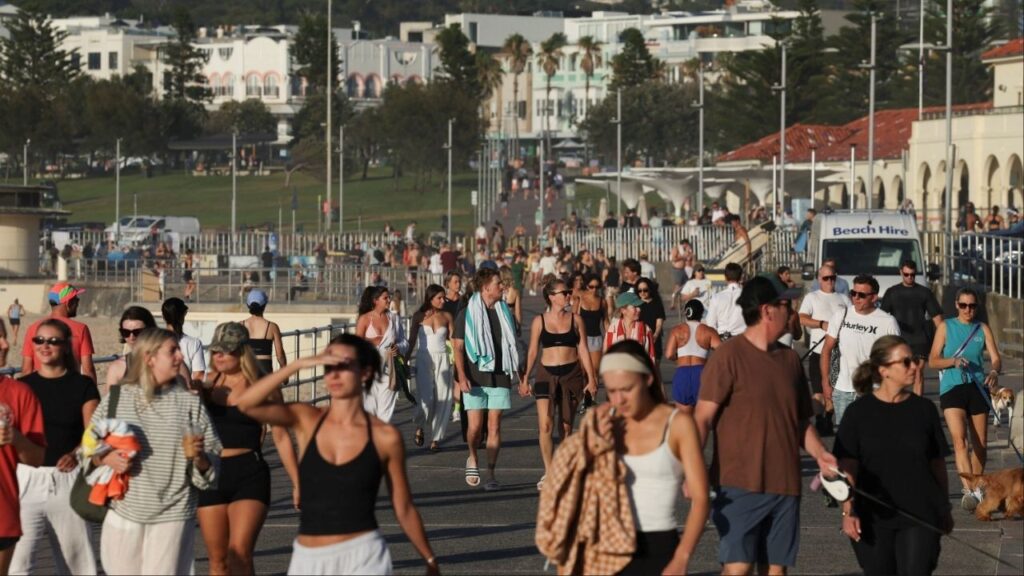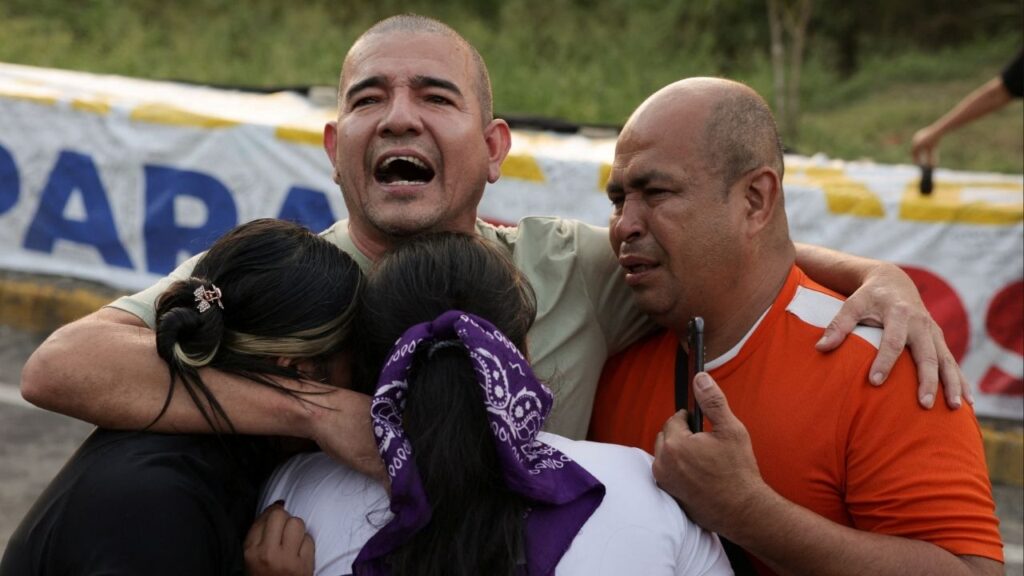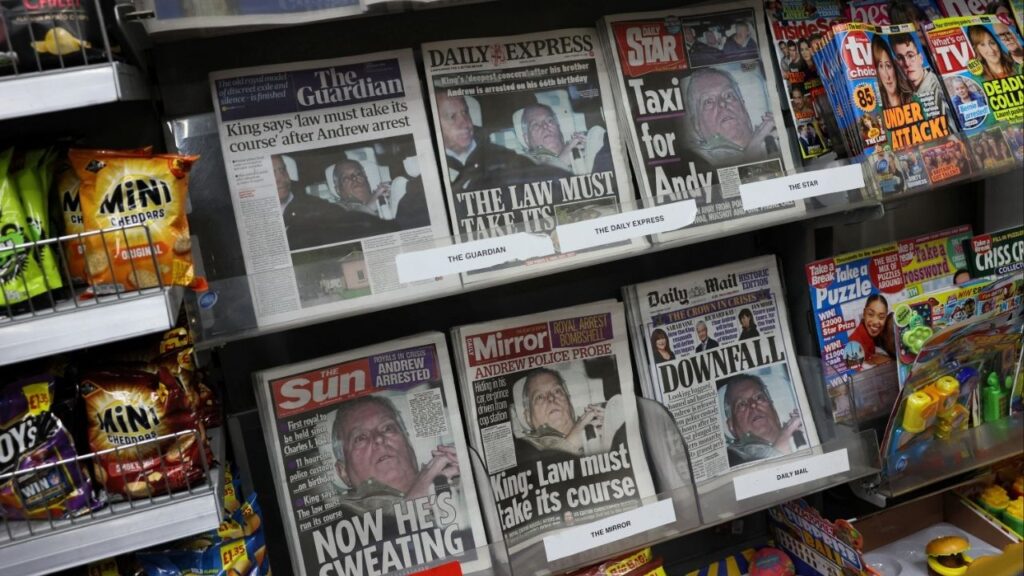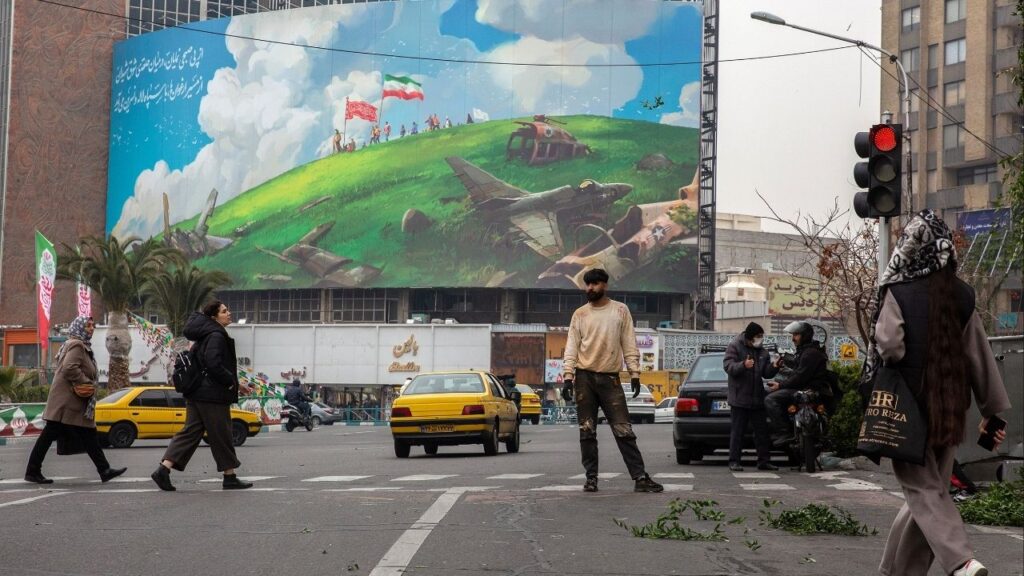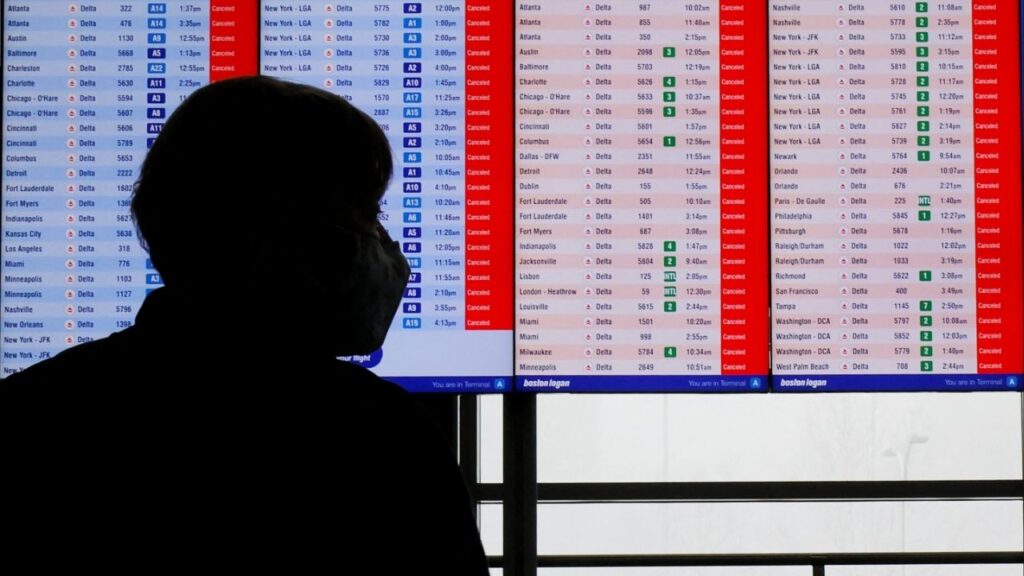Share
The critical shortage of medical supplies across the U.S., including testing swabs, protective masks, surgical gowns and hand sanitizer, can be tied to a sudden drop in imports, mostly from China, The Associated Press has found.
The United States counts on receiving the vast majority of its medical supplies from China, where the coronavirus has infected more than 80,000 people and killed more than 3,200. When Chinese medical supply factories began coming back on line last month, their first priority was their own hospitals.
The government required makers of N95 masks to sell all or part of their production internally instead of shipping masks to the U.S.
The most recent delivery of medical-grade N95 masks arrived from China about a month ago, on Feb. 19. And as few as 13 shipments of non-medical N95 masks have arrived in the past month — half as many as arrived the same month last year. N95 masks are used in industrial settings, as well as hospitals, and filter out 95% of all airborne particles, including ones too tiny to be blocked by regular masks.
Some Hospitals Are Down to Just a Day or Two of Personal Protective Equipment
Governors across the country are becoming panicked as states run out of equipment. President Donald Trump has urged them to buy masks on the open market, but few if any are available.
“Without adequate protection, more of our hospital staff could become ill, which would mean there wouldn’t be people to care for patients,” said Nancy Foster, the American Hospital Association’s vice president of quality and patient safety policy.
Some hospitals are down to just a day or two of personal protective equipment, she said.
The AP found that in the past month, hand sanitizer and swab imports both dropped by 40%, N95 mask imports were down 55%, and surgical gowns, typically sourced from China, were at near normal levels because the sourcing was shifted to Honduras.
Typically, medical supplies are delivered along both coasts. But almost all the supplies that did arrive in the past month came into Newark, New Jersey, across the country from the earliest and most severe coronavirus outbreaks.
The AP identified the falling imports by looking at shipment data maintained by ImportGenius and Panjiva Inc., services that independently track global trade.
In mid-February, the World Health Organization warned that global demand for safety gear for medical providers was 100 times higher than normal. Prices were 20 times higher, stockpiles were depleted and there was a four- to six-month backlog. Despite this, federal contracting data shows there was no big effort at that point to submit orders.

Doctors, Nurses and First Responders in the U.S. Are Resorting to Spraying Their Masks With Bleach
Trade policies haven’t helped. Tariffs on medical supplies made them more expensive, and they were only lifted March 5, even though health care associations asked the administration last year to exempt items like masks, gloves and gowns. And now countries including South Korea, India and Taiwan are blocking exports of medical supplies to save them for their own citizens, leaving the U.S. with fewer options.
Doctors, nurses and first responders in the U.S. are resorting to spraying their masks with bleach at the end of each day and hanging them up at home to dry to use for another day, according to the American College of Emergency Physicians.
“There is a little bit of anxiety, as you can imagine, going to work and not knowing if you will have enough personal protective equipment,” said Dr. David Tan, president of the National Association of EMS Physicians.
The decline in swabs included multiple varieties, not just ones needed to test for COVID-19. The Centers for Disease Control and Prevention has for weeks warned state and local health departments about shortages of swabs, which are needed for the testing that is critical to containing the pandemic.
Even over-the-counter medical shipments are decreasing. Ten shipping containers filled with medical thermometers arrived at U.S. ports a year ago this month. But in the last 30 days, there were just five.
Nurses Report They Are Not Receiving the Proper Personal Protective Equipment
Hand sanitizer, also commonly sourced from China, has disappeared from U.S. stores, and it may stay scarce. Last year by this time, 223 shipments had arrived. This year, since January, just 157 shipments have come.
The shortages affect patients because they can’t get tested and their providers may be carrying the virus from one person to the next. But the far greater risk is to medical personnel: Already, there are reports of dozens of doctors, nurses and medical staff who have contracted the virus.
Nurses across the country report that they are not receiving the proper personal protective equipment and their hospitals don’t have the isolation rooms they need to safely care for COVID-19 patients, according to National Nurses United, the largest union of registered nurses in the U.S.
“It’s not safe at all. Nobody is safe,” said Consuelo Vargas, an emergency room nurse at Cook County Hospital in Chicago. On Friday morning, after a possible exposure at work, she went to a local hardware store and bought all the painter booties and jumpsuits they had to wear while caring for people.
“It’s so frustrating because we feel like health care workers are being asked for a lot — and that’s fine, we can do our job. We’re just asking for the equipment we need,” she said.
The shortage doesn’t affect only health care. The humanitarian medical firm Direct Relief thought it was heading into 2020 well-stocked, with several million N95 masks. The organization had increased its orders in 2019 after massive wildfires in the West filled cities with smoke, squeezing its supplies in recent years.

A Number of Chinese Companies Will Be Resuming Exports
But then bushfires overwhelmed Australia with smoky skies and so Direct Relief began sending the masks there, vice president Tony Morain said.
When the coronavirus hit China, the organization began shipping the masks to Wuhan — the outbreak’s epicenter — in an effort to contain the disease.
Morain said they’ve ordered 2 million more masks and are awaiting the shipments. Those typically take at least five weeks to arrive: two weeks to make the masks, two weeks of shipping and a week to get through the port. Meanwhile, he said, Direct Relief has received well over 100 requests from hospitals and health centers down to their last boxes.
In an effort to fill the gap, Minnesota-based 3M is running its Aberdeen, South Dakota, plant around the clock, producing millions of N95 masks per month. The company is also ramping up production of surgical masks and commercial cleaning solutions, CEO Mike Roman said.
Nonetheless, one federal contract with 3M for $4.8 million of N95 masks dated March 12 says the masks will be delivered April 30 — seven weeks later, according to public contract data.
A number of Chinese companies told the AP this week that they will be resuming exports — which bring higher prices — but that they are overwhelmed and can’t meet demand.
A National Stockpile Was Being Made Available at the State Level
“Chinese mask manufacturers have received too many orders from abroad, but have no time to produce all of them and make a delivery,” said David Peng, manager of Ningbo Buy Best International Trading Co. Ltd.
The federal government said a national stockpile was being made available at the state level, but governors said they weren’t getting what they need.
“I think every governor in the United States has been banging on the door of the federal government with respect to the stockpile. We certainly have, and we’re going to continue to,” Massachusetts Gov. Charlie Baker said at a news conference this week.
Dr. Peter Chin-Hong, an infectious-disease specialist at the University of California-San Francisco, said he was alarmed by new CDC advice for hospitals that run out of masks.
“For the CDC to say people can wear bandanas is actually quite frightening,” he said. “I never thought the CDC would say something like that. We’re in the United States of America in 2020, and we have a recommendation to use bandanas?”
RELATED TOPICS:
Categories
